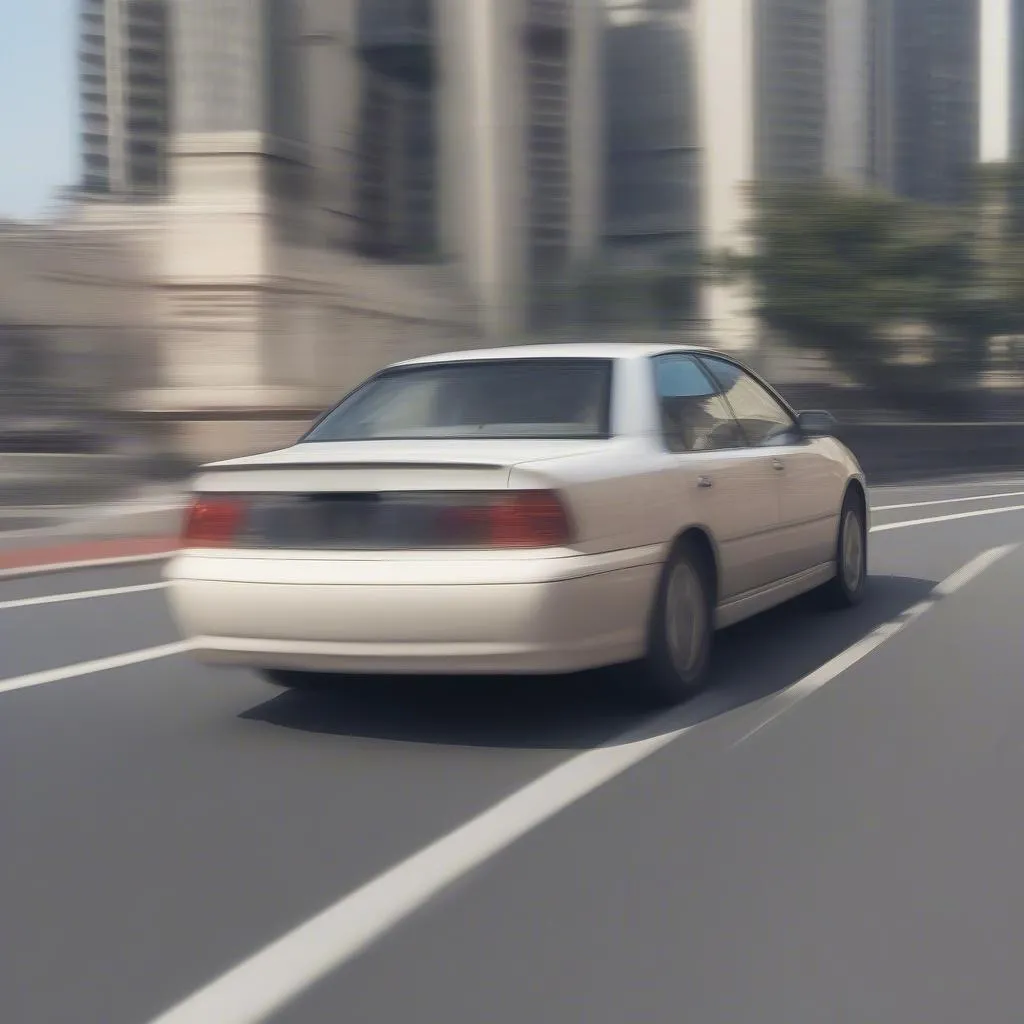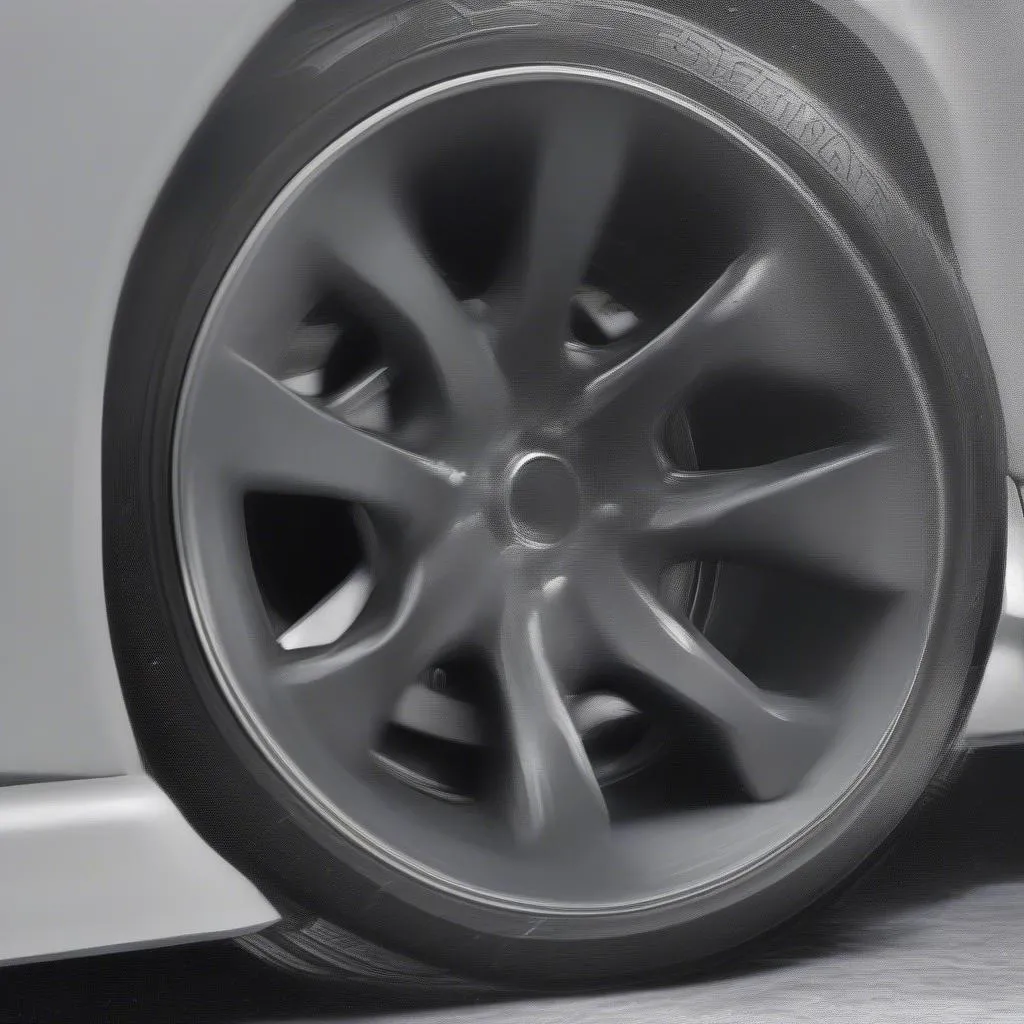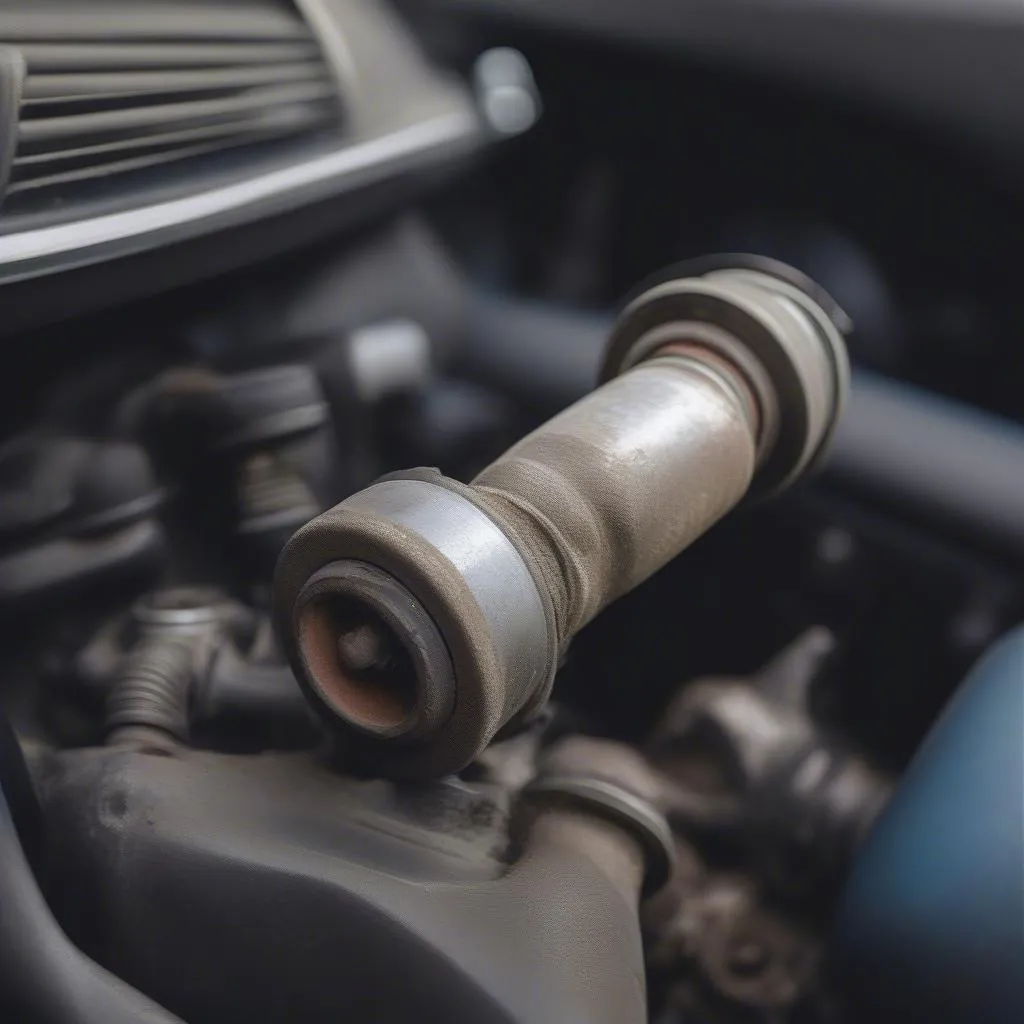Picture this: you’re cruising down the I-95 in your Audi A4, heading on a weekend getaway to the sunny beaches of Florida. You hit 60 mph, then 70 mph, and suddenly, your car starts vibrating like a rock and roll concert stage. Not the relaxing start to a vacation you had in mind, right?
A car vibrating at high speeds is not just an annoyance, it’s a sign that something is off kilter in your vehicle’s intricate system. But don’t worry, we’re here to help you decode those vibrations and get you safely back on the road.
Understanding the Language of Vibrations
“Car vibrates at high speeds” – a phrase uttered with a mix of frustration and concern by countless car owners. But what does it actually mean from a mechanic’s perspective?
From the greasy garage floor to the high-tech world of Dealer Scanner For European Cars, we can tell you that these vibrations are your car’s way of crying out for attention. It’s like that check engine light’s louder, more insistent cousin.
Technically speaking, these vibrations are often caused by a rotational component in your vehicle that’s not spinning as smoothly as it should. This could be anything from a tire issue to a problem with your driveshaft.
Economically speaking, ignoring these vibrations is like throwing money down a bottomless pothole. Early detection and repair can save you from costly repairs down the line.
Decoding the Shakes: Common Culprits
Now that we understand the “why”, let’s dive into the “what”. Here are the usual suspects behind those high-speed vibrations:
1. Tire Troubles: The Most Likely Suspect
Think of your tires as the shoes of your car. Worn-out shoes will make you wobble; similarly, worn-out tires will make your car vibrate.
- Unbalanced tires: Imagine a washing machine on spin cycle with an uneven load. That’s what unbalanced tires do to your car at high speeds.
- Misaligned wheels: If your wheels are pointing in different directions, it can lead to uneven tire wear and those dreaded vibrations.
- Tire damage: A bulge, a bubble, or even a nail stuck in your tire can throw off its balance and cause vibrations.
2. Wheel and Axle Issues: The Silent Shakers
Sometimes the problem lies beyond the tires themselves.
- Bent wheel rim: Hitting a pothole at high speed can bend your wheel rim, leading to vibrations.
- Worn wheel bearings: These bearings allow your wheels to spin smoothly. When they wear out, you guessed it – vibrations!
- Damaged axle: A bent or damaged axle can also be the root of your vibration woes.
3. Drivetrain Dilemmas: The Vibration Amplifers
The drivetrain is responsible for transferring power from your engine to your wheels. Any issues here can manifest as vibrations, especially at higher speeds.
- Worn-out U-joints: These joints connect your driveshaft to the transmission and differential. When they wear out, you might feel vibrations when accelerating or decelerating.
- Damaged driveshaft: A bent or damaged driveshaft can cause significant vibrations that worsen with speed.
 car-tire-unbalanced
car-tire-unbalanced
 damaged-wheel-rim
damaged-wheel-rim
 car-driveshaft-u-joint-worn-out
car-driveshaft-u-joint-worn-out